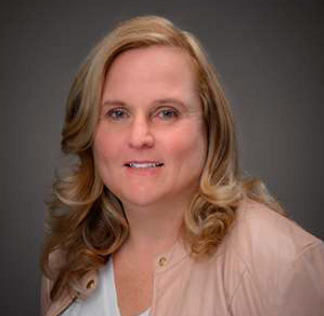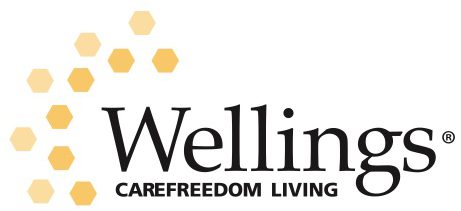How to Give Directly to Charities Inside or Outside Your Will
Let’s delve more deeply into how you can plan for a direct gift to charity in your estate plan. Here are five ways to accomplish this:
- Leave a cash gift by specifying that charities will receive either a fixed cash amount or a percentage of the residue of the estate.
- Donate securities by instructing that certain securities you own be gifted to charity. Alternatively, you can authorize your executor (liquidator in Quebec} to transfer securities directly to fulfill the gift, rather than selling them to distribute the gift in cash. One advantage of this approach is that if the securities have increased in value, donating them to charity “in kind” exempts the transfer from taxes that would otherwise be due on the capital gains. Either way, your estate receives the donation tax credit.
- Donate specific assets such as literary collections, artwork or real estate. Depending on the type of asset you choose to give, there may be special rules to adhere to, as well as additional advantageous tax treatment.
- Make beneficiary designations on certain assets, such as Registered Retirement Savings Plans, Registered Retirement Income Funds, Tax-Free Savings Accounts and life insurance policies, when allowed. Your estate will be allowed to claim the donation tax credit for the amount you gift to charities.
- Gift a permanent life insurance policy, such as a whole life or universal life policy, by donating the policy’s ownership to charity during your lifetime. You will receive a donation tax receipt for the market value of the policy at that time. If you decide to continue paying the policy’s premiums, rather than having the charity assume responsibility for them, you will also be able to claim an annual donation tax credit for these premiums during your lifetime. We’ll discuss this approach further in a subsequent blog. As always, when contemplating giving to charity as part of your estate plan, it is best to seek the advice of legal and tax advisors to ensure you give what you want as efficiently as possible.
About the Author
Valerie Markidis

As a Wealth Planning Consultant with CI Assante Private Client’s Wealth Planning Group, Valerie works closely with our team to provide solutions for our clients in the intergenerational transfer of wealth, focusing on estate planning. She joined CI Assante in 2022, bringing 14 years of experience from two major trust companies, where she held national responsibility for Wills and actively supported advisors across Canada with questions and interpretations related to Wills, Powers of Attorney, and Trusts. Prior to her tenure with the trust companies, Valerie worked in private practice, focusing on wills and estates. She is a lawyer with a Bachelor of Law degree from Osgoode Hall Law School and an Honours BA from Queen’s University.










